West Persson and the victim had been sitting in a car outside a church in Malmö in October 2009, when an unknown man approached the vehicle.
”And then… then he just… just as we were starting to chat I saw some man and he just came at us. I wanted to start the car and drive off. But the car wouldn’t start. It sort of sputtered,” the man told police in interrogation, according to daily Svenska Dagbladet (SvD).
According to the victim, the man stopped, looked at the car and started to walk towards it. The victim told police how he got “a gross feeling” and that the guy was a “gross type”.
“I knew… it felt as if something was about to happen,” he said.
He continued to tell the police how he felt the mounting stress and how he just couldn’t get the engine going.
“And then he just shot. I didn’t see the shot, or anything. I didn’t even see his pistol. Then I saw it. Then I turned around and sort of tried to save myself, like protect myself somehow,” the man said according to SvD.
He recounted how he tried to talk to West Persson but didn’t succeed and how he got out of the car and ran. He then alerted some friends and subsequently lost consciousness.
Both West Persson and the other victim had sustained several shot wounds, of which some to the head. After the incident it took over a month before the man regained enough of the memories of the night to be able to explain to the police what had happened, according to SvD.
However, according to the paper, the nightmare didn’t end for the victim after the incident, as the prosecutor claims he continued to stalk him, mapping his whereabouts and putting together a document of him and his relatives, which was later discovered by police in his seized computer.
And five months after the shooting occurred, Mangs allegedly fired a series of shots at another individual in a Malmö apartment, thinking it was the man he had injured previously, according to SvD.
Empty cartridges of the same type as was used when West Persson was killed links the two incidents, according to police.
However, Mangs is adamant he is not guilty of the charges that were filed against him on Monday, but staff at the prison where he has been remanded in custody for the last 17 months says that he has admitted to the shootings on several occasions, according to daily Aftonbladet.
“It was so easy that I did it again,” he allegedly told a prison psychiatrist.
Mangs who was apparently cooperative in the beginning, has become less so as time has passed, reports the paper.
During later interrogations he has allegedly held his hands over his ears, closed his eyes, and sung the US national anthem, as well as Cliff Richard’s Living Doll.
TheLocal/rm

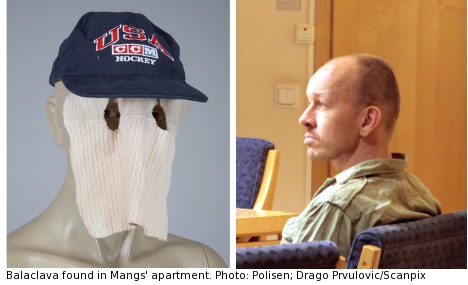
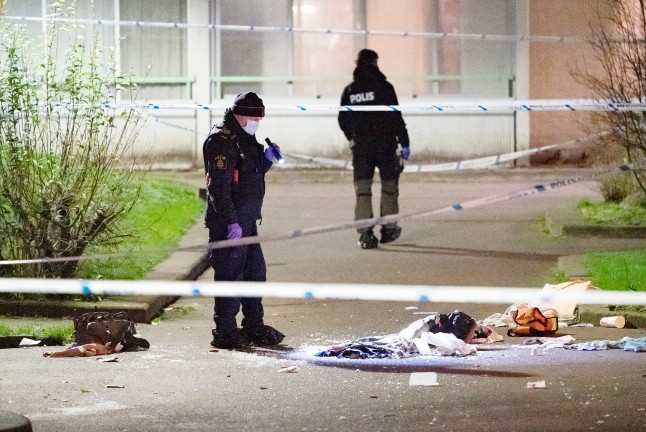
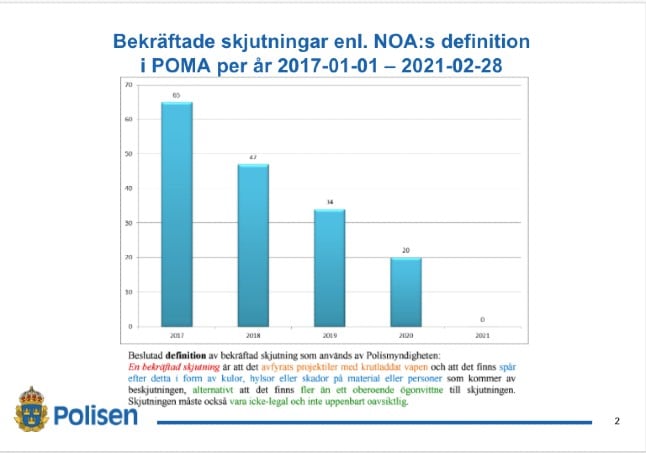
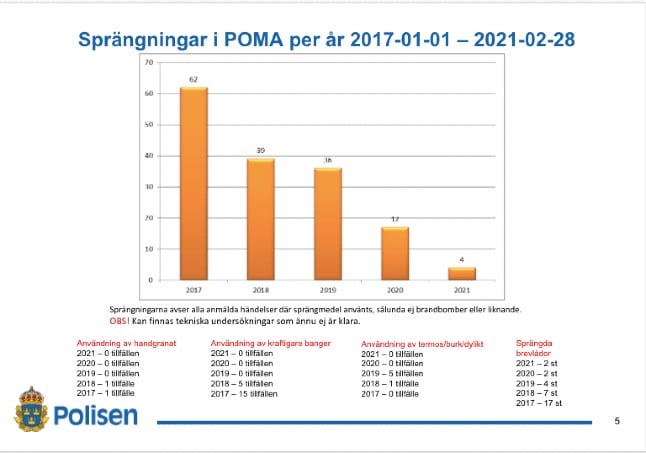
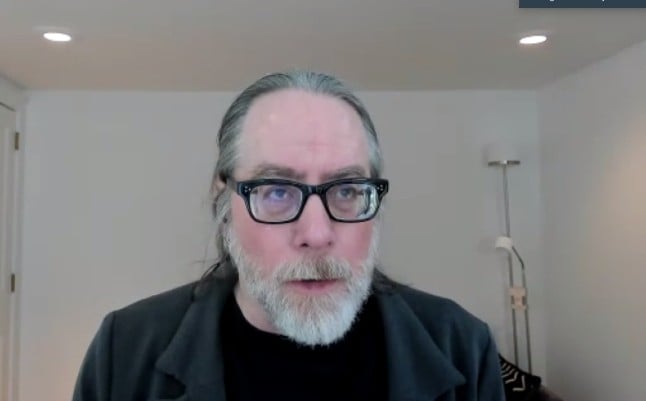
 Please whitelist us to continue reading.
Please whitelist us to continue reading.
Member comments